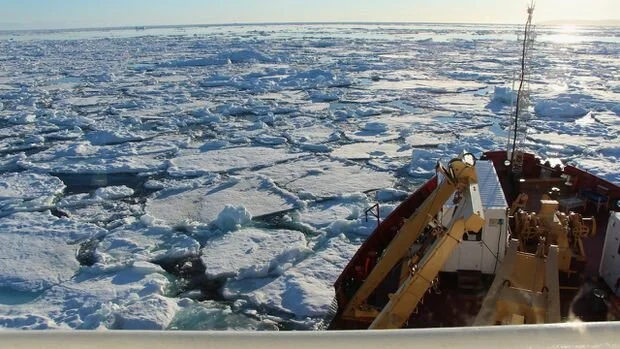A new study in the journal Ecology suggests that last year's heat dome over the west coast of B.C. and Washington state may have "far-reaching" effects on the ecology of beaches, bluffs, inlets and river deltas, in addition to the impact on fisheries and cultural connections that the land, sea and sea life provide. The heat that descended on the West Coast last June not only killed 619 people, but also roughly a billion sea creatures, which baked to death as temperatures soared.
Heavy rainfall, slow snowmelt helps marine life thrive in B.C. rivers, waterways
Freshwater scientists and biologists in B.C.'s Cowichan Valley say marine life in the area is thriving this spring, with the combination of heavy rainfall and late spring thaw resulting in higher water levels in rivers and other waterways. "For river levels, generally at this time of year we like to see ... seven to 15 cubic metres per second. This year, we're running about 30," said Tom Rutherford, the executive director of the Cowichan Watershed Board. He said in his 30 years of experience, he's never seen water levels this high.
Deep water temperatures hit 'scary' highs in Gulf of St. Lawrence
A decade-long warming trend in the Gulf of St. Lawrence continued in 2020 with deep waters reaching record highs, according to ocean climate data released Tuesday by the Department of Fisheries and Oceans. Water temperatures at depths of 200, 250 and 300 metres were higher than any measured in the Gulf since records started in 1915, hitting highs of 5.7 C, 6.6 C and 6.8 C. All were well above the normal variations.
Canadian Arctic awash in microplastics, study finds
In the first large-scale survey of its kind in the region, researchers sampled more than 30 locations across the eastern Arctic and Hudson Bay and were able to detect microplastics nearly everywhere they looked, including in surface waters, marine sediments and in the guts of zooplankton – the tiny, floating organisms that occupy the base of the Arctic food chain. And while the long-term effects of the materials on the environment and on human health remain largely unknown, the results suggest widespread exposure is becoming inescapable, even for people living in the most remote areas of the globe.
'The Blob' is back: Scientists track blanket of warm water off West Coast
A large swath of warm water spanning thousands of kilometres from the Bering Sea to Mexico, nicknamed by scientists as “the Blob,” has returned to the West Coast, threatening marine life and fisheries. The Blob was christened in 2014, after a similar natural event that spanned two years devastated the salmon industry, damaged ecosystems and disrupted wildlife like whales, sea lions and crabs. “This is a massive pool… of warm water that’s in the Pacific, that is thousands of kilometres huge,” said senior climatologist for Environment Canada David Phillips on CTV’s Your Morning Tuesday. “This one stretches from the Bering Strait, the Bering Sea, right through the Gulf of Alaska, right through to California, British Columbia, and down to Mexico.”






